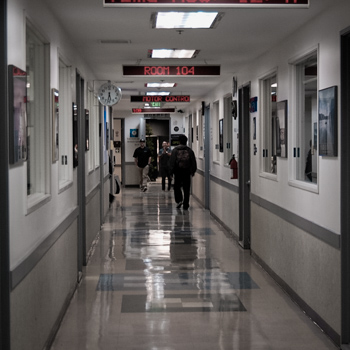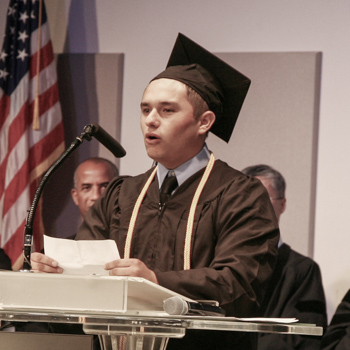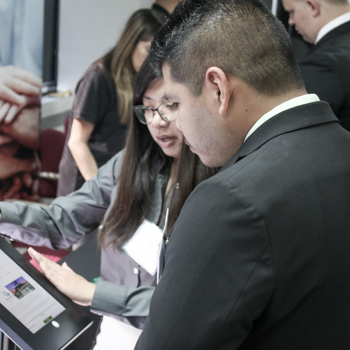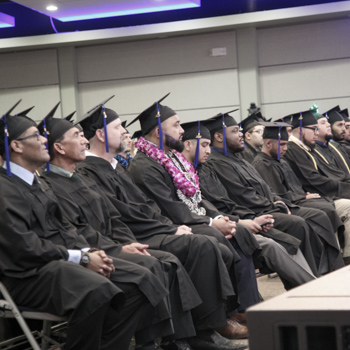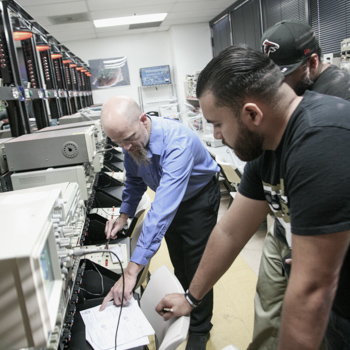
Build practical, hands-on engineering knowledge and skills for in-demand technical careers in electronic engineering through a rigorous degree program that can be completed in less than 3 years.
< 3 Years
PM Classes
Campus or Online
Request More Info
Submit form for more program information.
We Respect Your Privacy. Information submitted on this form is sent to the SCIT Admissions Department and is not shared with any third parties.
Request More Info
Submit form for more program information.
We Respect Your Privacy
Information submitted on this form is sent to the SCIT Admissions Department and is not shared with any third parties.
Key Program
TOPICS
The B.S.E.E. program focuses on applications and designs of telecommunication systems and various electronic circuitry including embedded systems, FPGA, integrated circuits (IC) and more. Key topics include:
-
DESIGN & APPLICATIONS OF Electronic Systems
-
DESIGN & APPLICATIONS OFIntegrated Circuits
-
ANALOG, DIGITAL & WIRELESSTelecommunications
-
SENIORCapstone Project
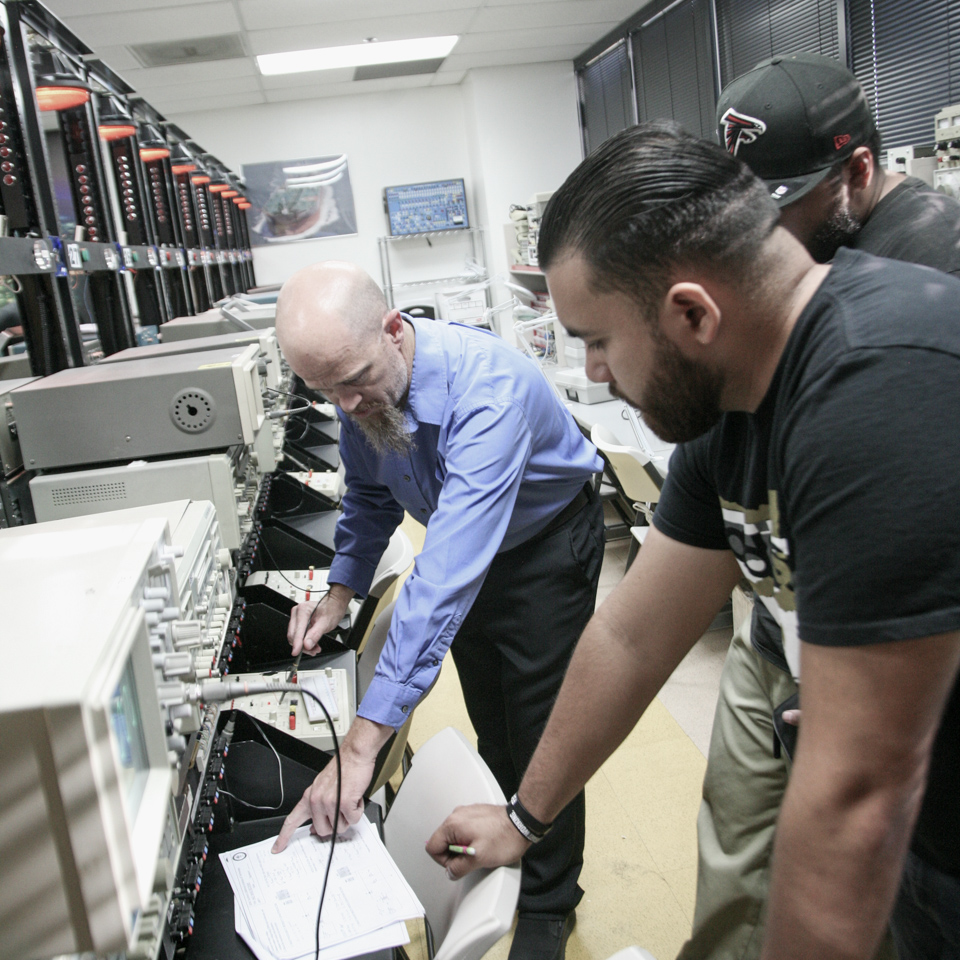
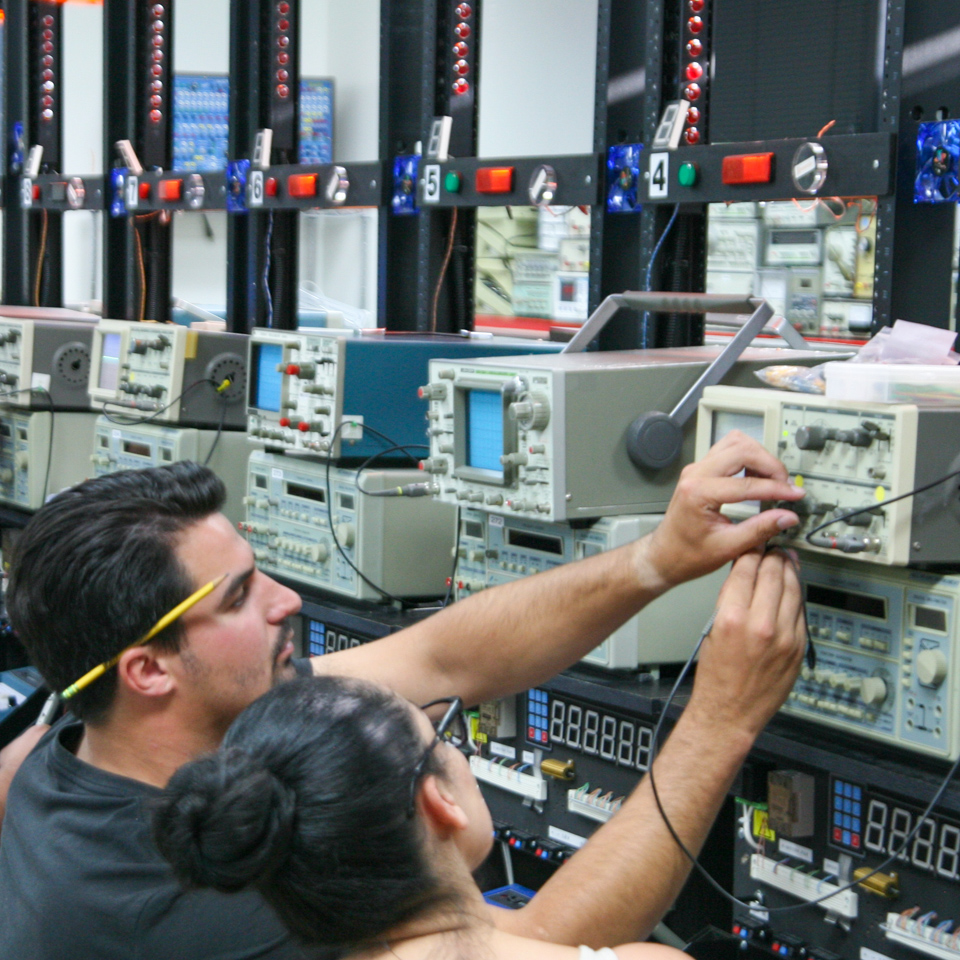
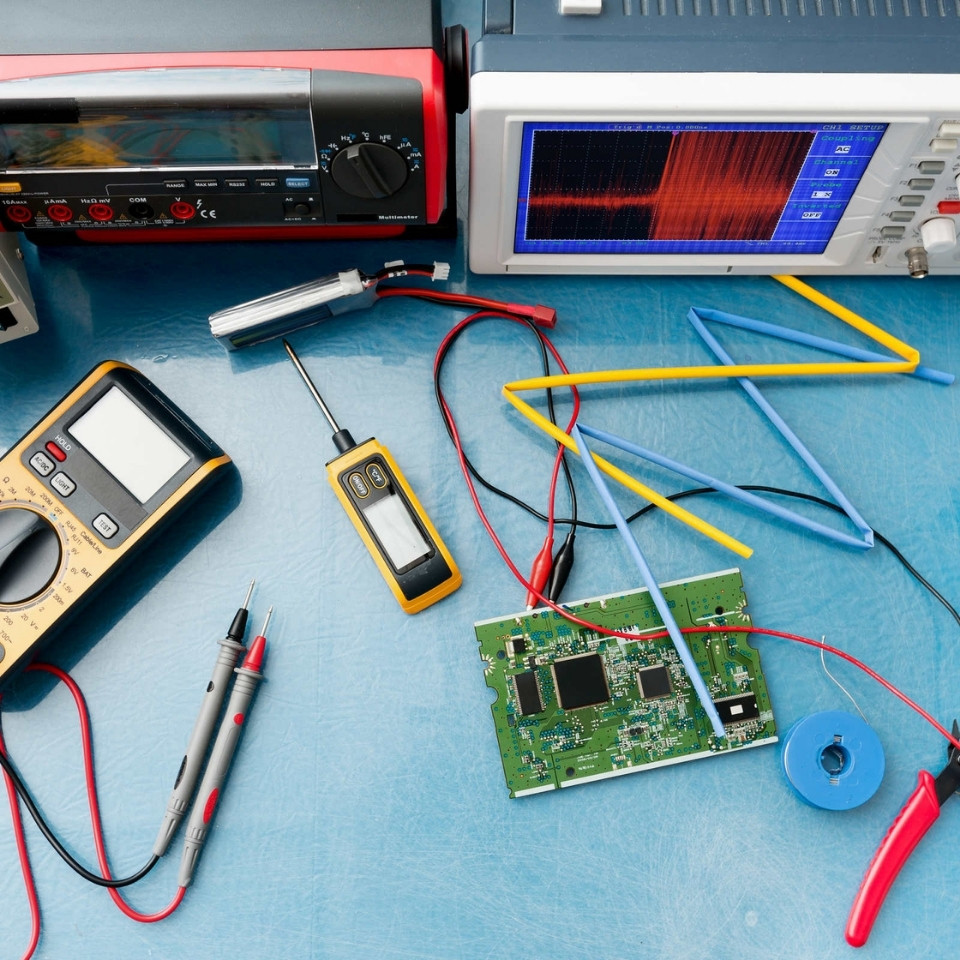
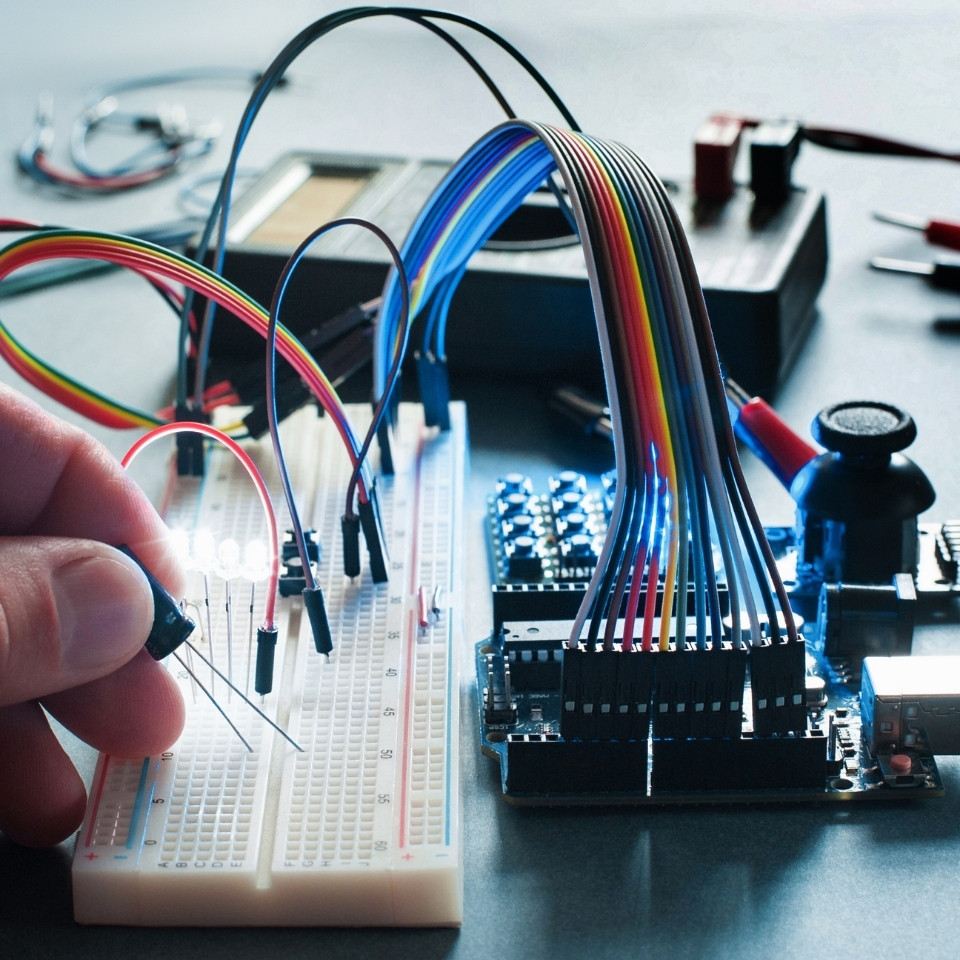
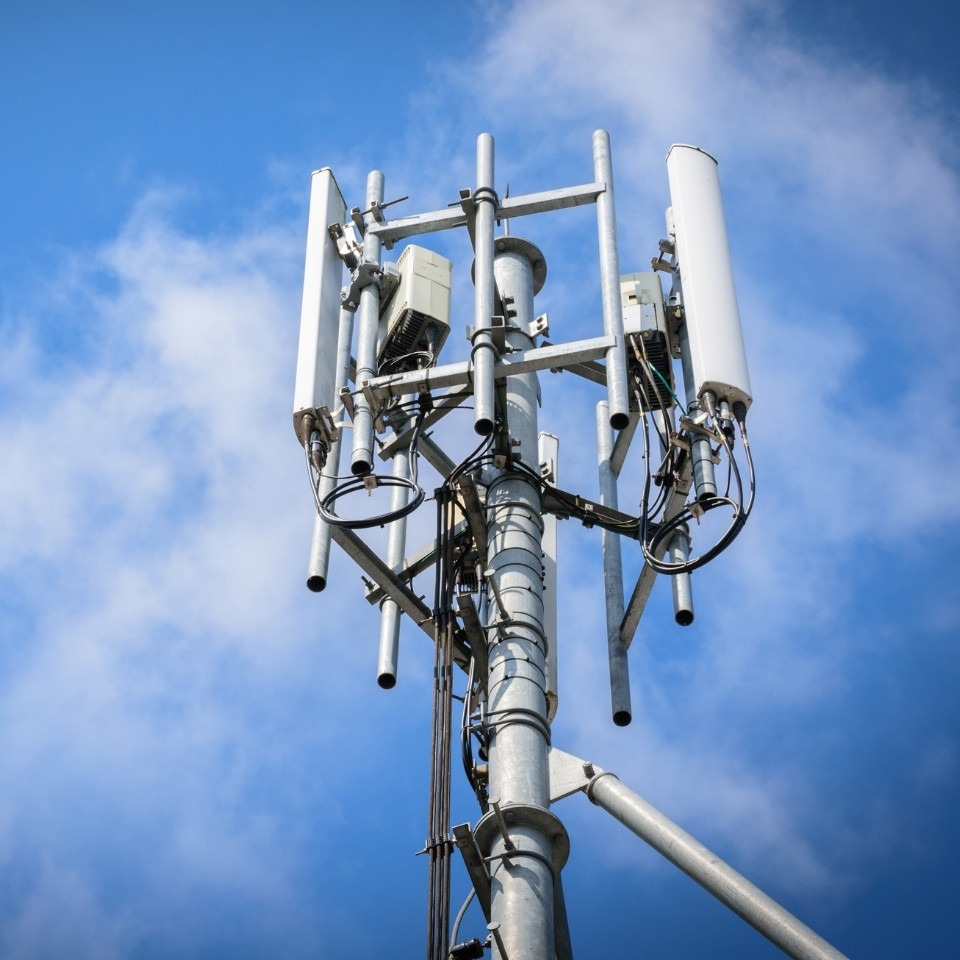
Support to Reach Your Goals
The Student Services and Career Services Offices support you on your educational path to greater career opportunities.
Academic Support: Advisement, academic monitoring, tutoring, and more...
Career Support: Resume assistance, career workshops, job leads, and more...
Visit
The SCIT Campus!
Meet our staff and faculty,
tour our classrooms and labs, and
learn about our programs.
Call, email or request info to schedule.
CALL ADMISSIONS
SEND AN EMAIL
BOOK AN APPOINTMENT

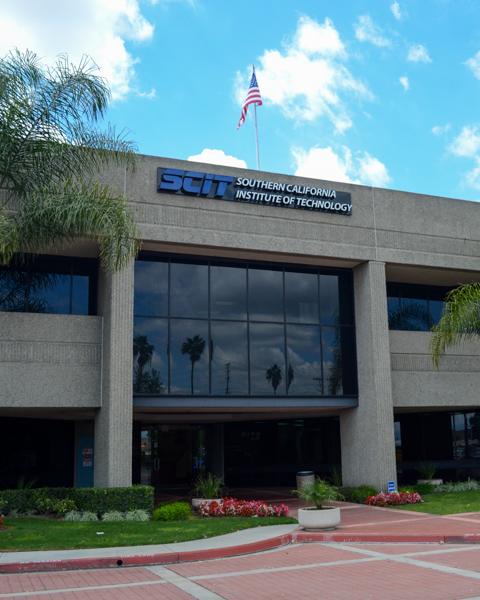
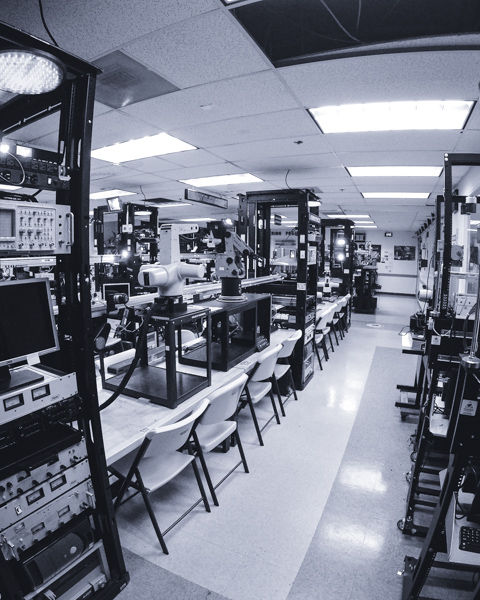
Visitation appointments are usually made on Mondays-Fridays, between 10am and 5pm (except holidays).
